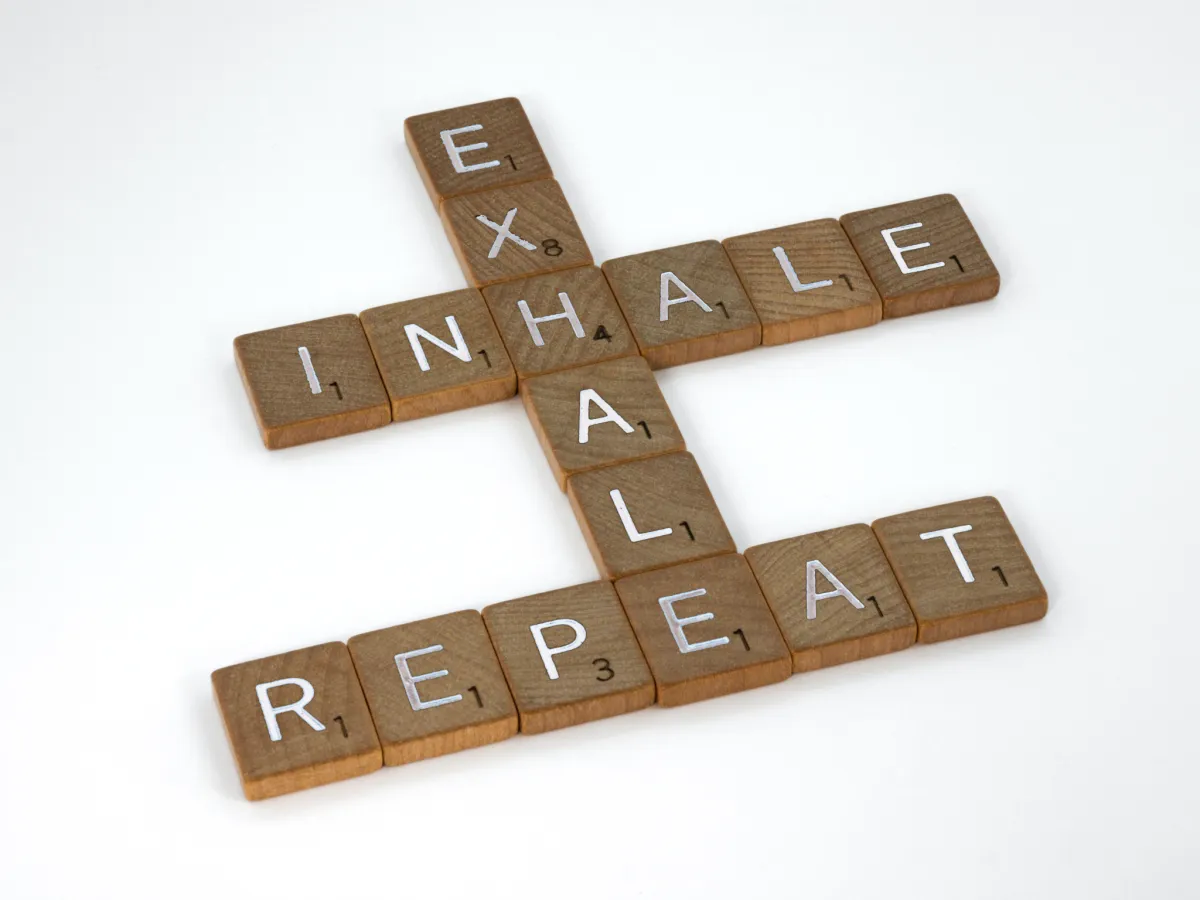Blog

The Habitual Anxiety Trap
Anxiety is a normal and often healthy emotion. However, when a person regularly feels disproportionate levels of anxiety, it can become a problem.
Our brains learn patterns. When we allow ourselves to wallow in feeling a certain way or continue to think a certain way, our brains learn the shape of these thoughts. These become common paths for thoughts to travel on in our brains, similar to deer paths in forests or streams of water cutting paths in stone.
This is how we form habits and in this case the habit of feeling anxious. It may have started safe, like planning and worrying about the future, or caring about what others think. These are normal social developments but the problem comes when they become extreme and the worry becomes a habit and feels uncontrollable.
This habitual anxiety can interfere with our daily life and make it difficult to function. There are many different causes of habitual anxiety, including genetics, stress, trauma, and certain medical conditions.
If you are struggling with habitual anxiety, it is important to be OK with seeking professional help if needed. Quite often giving voice to our thoughts and just getting them outside of ourselves helps us realize that they may not be as all consuming as we have allowed them to be.
Now we must teach our brains new pathways for our thoughts to travel. But how?
One of the best ways to “train our brains” is meditation. The Luvo app has many different types of meditations to try including breathing and relaxation. There are even weekly live sessions on a variety of topics with the chance for Q&A afterwards.
Focusing on relaxing is a key.
A good quick tool to help us focus when anxiety hits is to bring logic into it. Not to logic our way out of it but to think of the positives. One thing I that can be done is for every bad thought, think of 3 good thoughts/3 things we are grateful for, or if [the thing] were to happen that we are so afraid of, realistically, what exact bad will happen, and then what good things might come out of it?
Focusing on the good/positive things and having our attention there, reduces the energy we are putting towards the negative.
So much of our life in this modern age is so sedentary that our bodies don’t get the chance to relieve the stress in the normal way. Well guess where all that stress goes? It gets internalized into cronic anxiety.
There are many different relaxation techniques that can help reduce anxiety. In addition to meditation, yoga is a good way to train our brains to focus while also getting some of the vital movement our bodies need to relieve stress.
Get enough sleep is a major component to keeping your brains healthy and stress-free. When we are sleep-deprived, we have fewer tools to combat stress. Our bodies can manifest the tiredness as a form of pain and pain can register to our brains as anxiety. Everyone is different but most people need 6-8 hours of sleep each night in order to function well, physically and mentally.
If you are struggling with habitual anxiety, don’t suffer in silence. There are many resources available to help you overcome this problem
Overcoming habitual anxiety is not easy, but it is possible. With the right help and support to create positive habits, we can learn to manage our anxiety and push through it to have peace in our lives.
We can live fulfilling and productive lives where eventually, anxiety may no longer be a struggle.
“The only way out is through.” – Robert Frost
Photo by Brett Jordan on Unsplash
Categories

© Copyright Luvo 2022
